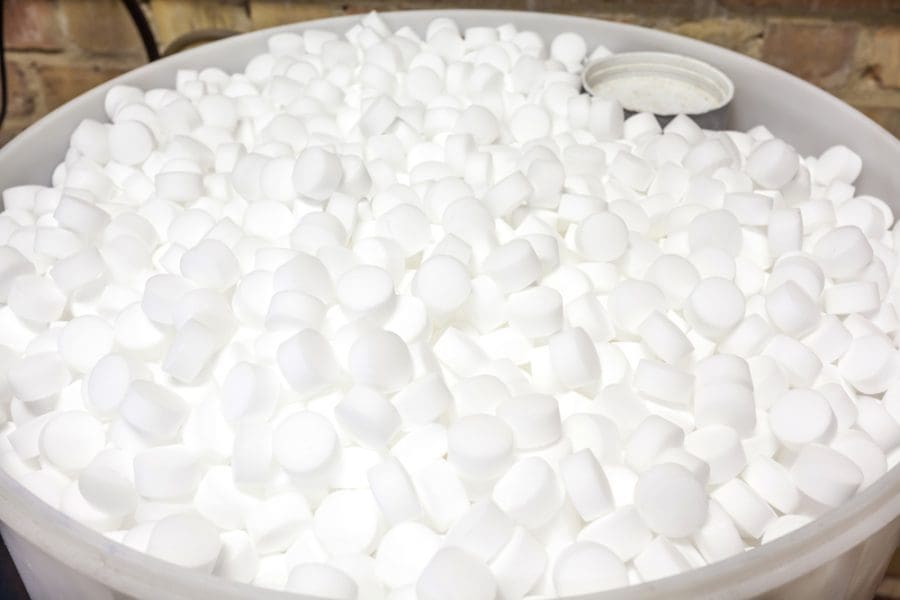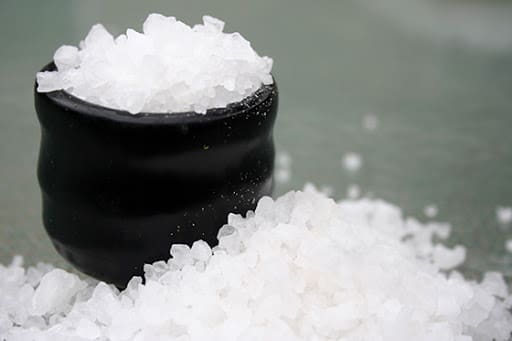When you live in an area that has hard water it is inportant to remove the hardness so you won’t distroy your plumbing fixtures and water appliances throughout your home. The most common and economical way of doing this is with a water softener. It is inportant that when you own a water softener that you know what type of water softener salt is the best to use.
What are the different water softener salts available?
They are as follows:


Solar Salt: salt produced from the evaporation seawater
In Manitoba rock salt (also known as halite) is slightly cheaper than solar salt but contains more insoluble material. As a result, solar salts keep your water softener cleaner. The type of salt you choose to buy will dictate how often you will have to clean your brine tank and also if you will build up insoluble material causing what is known as a salt bridge affecting your water softener performance. A salt bridge over time will block the water from being drawn out of your brine tank. Your Water Softener will cease to work properly and sometimes this will cause your brine tank to overflow. For these reasons Affordable Water Treatments recommends using solar salt.
Also available is Potassium chloride which is an alternative to Sodium chloride. Potassium chloride is more expensive to buy but works in much the same way as regular water softening salt.
Are you worried about your sodium intake, have related high-blood pressure issues; just want to limit the amount of salt you consume? It is true that there is some calcium and magnesium exchanged for sodium during the regeneration of the softener bed. Of course the amount of exchange will depend on how hard your water is. But truth be told there is very little sodium left in the water after the regeneration process.
If you look at your daily intake of sodium (learn more about sodium intake here) less than 3% comes from cooking or drinking softened water. In comparison, you would have to drink 6-8 glasses of softened water to equal the amount of salt you find in one slice of white bread, never mind the potato chips. If this is a real concern you might want to consider a drinking water system.
